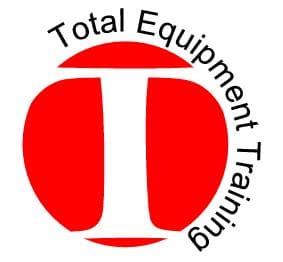Mobile Crane Inspections: A Comprehensive Guide
Note: This comprehensive guide aims to provide you with a one-stop resource for all your mobile crane inspection needs. Much of this crane safety content consists has been consolidated from our previous blogs; and Total Equipment Training has incorporated the latest updates regarding crane inspections to ensure accuracy and relevance.…
